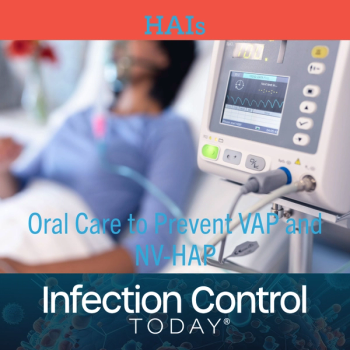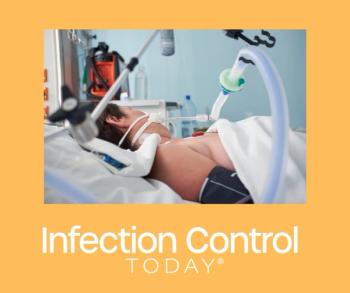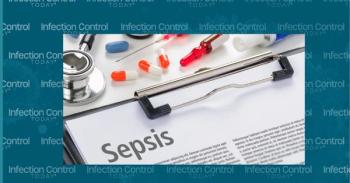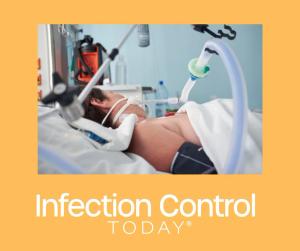
Non-ventilator hospital-acquired pneumonia (NV-HAP) is a prevalent, preventable infection. Improved oral care protocols and provider education are essential to reducing NV-HAP rates and improving patient outcomes.
Jo Ann Brooks, PhD, RN, FAAN, FCCP, is a healthcare quality and safety consultant who retired in 2018 from Indiana University Health, where she served as system vice president of Quality and Safety. With a wealth of experience, she lectures and consults on various aspects of health care quality and safety, including Centers for Medicare and Medicaid Services pay-for-performance, nonventilator hospital-acquired pneumonia, and sustainability in quality improvement efforts.
As an assistant clinical professor and National Institutes of Health Postdoctoral Fellow at Indiana University, Brooks remains actively involved in academia and research. Her expertise spans nursing, public health, and infection prevention and control. In addition to her academic and consulting roles, she serves as a consultant for Stryker’s Sage Oral Care, further demonstrating her commitment to advancing health care practices and patient outcomes.

Non-ventilator hospital-acquired pneumonia (NV-HAP) is a prevalent, preventable infection. Improved oral care protocols and provider education are essential to reducing NV-HAP rates and improving patient outcomes.

Pneumonia, a leading cause of death from health care-acquired infections, can be prevented through oral care, especially in nonventilator hospital-acquired pneumonia (NV-HAP) cases.

Discover the critical connection between sepsis and nonventilator hospital-acquired pneumonia (NV-HAP), impacting healthcare quality measures and patient outcomes.

Published: August 6th 2024 | Updated: August 6th 2024